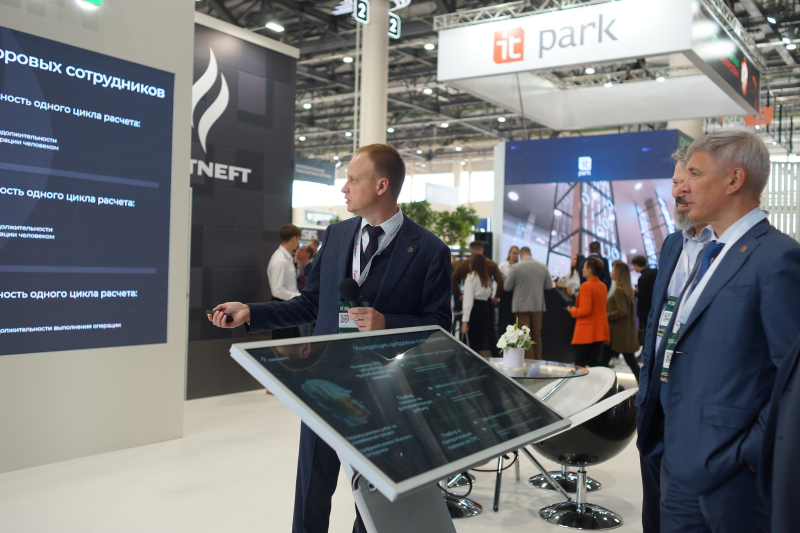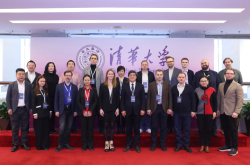Akela, a corporate digital assistant, is built on an automated training algorithm of large language models that predicts the most likely answers based on the context of a question or phrase. The technology removes the need to manually systemize documentation, resulting in a substantially shorter setup for different professional sectors.
“If you want to receive instructions on any business process, all you need to do is put in a corresponding request into the system. You no longer need to go through all the documents on your own – Akela will find a requested figure or any other data you need in just a matter of minutes. The software can also run tests and validate responses, that is, check the knowledge of specialists in certain areas, as well as maintain communication on topics within its databases. In the future, the assistant will be able to find errors and inconsistencies in paperwork,” said Denis Nasonov, a project manager and senior researcher at ITMO’s Research Center “Strong AI in Industry.”

Denis Nasonov. Credit: ITMO.NEWS
As of now, the solution, trained on over 500 of Tatneft’s internal guidelines, is sharpened to solve workspace safety tasks. The developers plan to add more functions and expand the list of company databases in the future.
“We are going to expand Akela’s features to digitize the accumulated knowledge into a single semantic space – a next-level AI analytics tool that will accelerate and automate industrial and corporate activities in our company,” noted Ilshat Karamov, the CEO of TatITneft (a Tatneft’s subsidiary company specialized in software and IT maintenance).
Akela was presented at the international IT forum Kazan Digital Week 2023.




